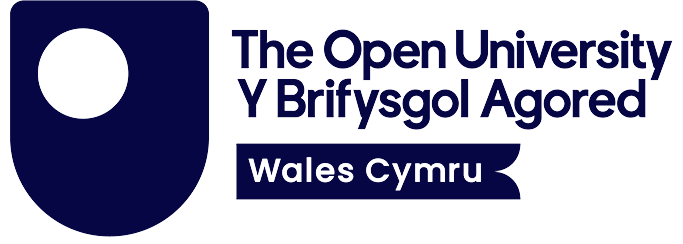The annual report details the impact of the fourth cycle of the project, which was delivered remotely during Spring and Summer of 2021. As in previous reports, a range of results have been used to evaluate the project. This includes qualitative data from pupil censuses, mentor/mentee reflection forms and teacher surveys, as well as quantitative data from pupil pre- and post-participation surveys.
Impact on mentees
With regards to the project’s main aim of increasing Physics A-Level uptake, there was a 7.1% increase in mentees selecting “I definitely/probably will” choose Physics at A-Level post-participation in the project, compared to a 2.4% decrease amongst non-participating students. Interest in a science-related career also increased more significantly in mentees than non-participating pupils, with over 40% of mentees considering a career in science and a 9.5% increase in mentees answering “I definitely/probably will” pursue a science-related career, compared to a smaller 7.1% increase amongst non-participating pupils. Of the participating mentees, 66.7% were female, furthering another of the project’s aims to increase female participation in post-16 Physics.
Considering the disruption to teaching during Cycle 4 and the movement to an online platform, it is a significant achievement to continue to see an increase in post-16 Physics interest amongst the mentees.
Impact on teachers and schools
The feedback from schools during Cycle 4 was overall very positive. Teachers felt that the sessions were “well-designed, delivered and organised” and that high quality was successfully maintained when moving online. The new online aspect also allowed for more remote schools to become involved in the project, something the teachers feel has encouraged their pupils to study further afield.
Impact on mentors
The Mentors themselves received many benefits through participation in the project, including the continued development of confidence, communication and time management skills. Many Mentors felt that the project connected them with a wider community of like-minded people during a time where they had to carry out their studies at home. Cycle 4 also saw the introduction of co-mentoring, where two mentors work together to deliver sessions to pupils; this has been observed to work especially well and will be carried forward to the next cycle of mentoring.
The Physics Mentoring team are delighted with the results reported, which can be read in full here. Physics Mentoring would like to thank Ondata Research for their comprehensive research and recommendations which have contributed to the success of the project.





